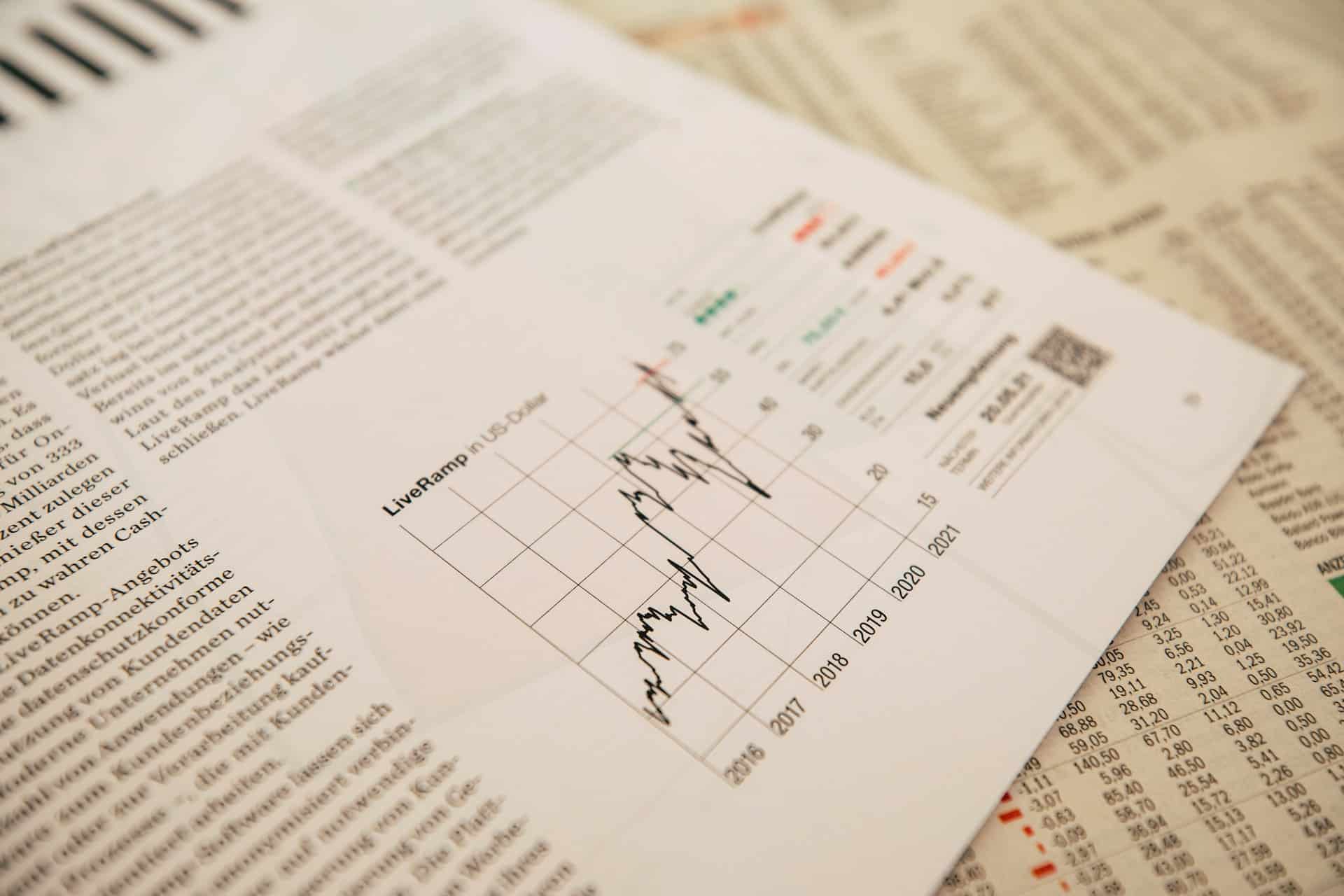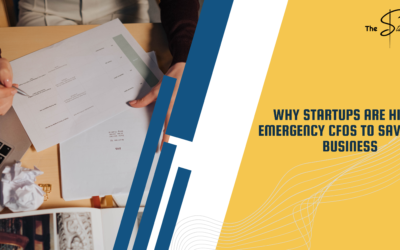In today’s world, we know that business is something which attracts people’s minds. Now, as we know, we can’t talk about business without using the word finance because both are interrelated.
So, this topic is basically related to the growth and shrinkage of the finance related to the business. Due diligence explains everything about the business to the investor and companies about the risk involved, the nature of the deal and whether the deal is fit for their portfolio or not.
Concept of Financial Due Diligence
Financial due diligence is an important part of an investor. It is a process of researching about a company or project and bringing out all the information about it to make an informed decision. The main information mostly included the financial stability of the project.
The goal of financial due diligence is to uncover any potential issues with the company’s finances and operations and to correct them if possible. Financial due diligence also uses normalisation to smooth out any one-off events such as the sale of an asset, or a bonus etc., It is also used to assess a company’s risk.
The Financial Due Diligence team carries out reviews based on the verification of records and meetings conducted with key persons, along with an extensive analysis of data and information. They verify compliances, highlight potential risks and liabilities, and provide critical inputs for structuring your transaction.
They also identify potential risks that must be documented through representations and warranties. Financial due diligence is necessary prior to signing a definitive merger agreement.
How much time is required for the whole process of Financial due diligence?
Generally, it requires about two months depending upon the mutual agreement of the buyer and the seller. Though the time of two months is enough for the buyer to go through all the information received by financial due diligence if the seller goes to the deal unprepared, it can take infinite time to complete.
Types of financial due diligence
(i) Sell-side financial due diligence – It is performed by the seller who is selling a business. This is performed so that there should be no issues or hiccups for the buyer for investing. For the seller, it is essential to rectify the issues which can deteriorate the business face in due course before the buyer analyses the business’s financial health.
(ii) Buy-side financial due diligence – It is performed by the buyer who is interested in investing or buying the target company. It mainly focuses on the financial health of the target company.
It involves gathering information about the company’s revenues, expenses, cash flow, balance sheet, debtors and creditors, profitability, growth rate, market share, etc. They investigate every piece of information very thoroughly before investing mainly because any mistake can directly affect the business cycle and other business activities.
Financial due diligence Checklist
(i) Income statement
(ii) Balance sheet
(iii) Cash flows
(i) Income statement(past five years) – The steps to be followed are :-
- Check for the volatility of earnings across periods. If earnings are volatile, be sure to establish exactly what’s driving that volatility and whether it’s likely to continue into the future.
- Closely examine expenses and see if there are areas where expenses seem irregularly high and investigate why this is the case.
- Look for exceptional items. Sellers often draw attention to one-off items that affect operating income.
(ii) Balance sheet(past five years)- The steps to be followed are :-
- Pay particular attention to the debt-equity ratio, checking how it stands up against your own firm’s ratio and that of the industry at large.
- Evaluate other potentially marketable assets not used in day-to-day operations, such as patents and unused property. These also have the potential to generate hidden value in the transaction.
(iii) Cash flows(last five years)- The steps to be followed are :-
- How much cash is generated every year after all financing and investing expenses have been taken care of? If this is even close to zero on an ongoing basis, you need to ask why?
- Check the quality of cash flows. If cash flows are positive, understand the reason behind this – is it because operational cash flows are growing or because the company is selling off assets every year?
Benefits of Financial Due Diligence
(i) It gives you a clear understanding of a company’s strengths and weaknesses.
(ii) It identifies the issues that should be addressed before a purchase or agreement is signed.
(iii). Ensure that the buyer has enough resources to buy the company. Sometimes it is also used to reduce the cost of buying the company.
(iv) It helps in knowing the company better and will reduce the probability that you will overpay for it.
(v) For the potential buyers, the report will make suggestions on whether such investment will be fruitful for their business growth and the seller will provide solutions to the leakages and balances occurring in their business.
How do I conduct financial due diligence?
Before starting the financial due diligence process, it is important to determine if the company is worth investing in. Once you have decided to proceed with any respective company, you need to research the company fluently.
This involves gathering as much relevant information as possible about the company such as evaluating the earnings, customer base etc.
The next step should be the verification after the research step. In this step, we will need to verify the information that we have gathered. This means comparing the results obtained through the research with the actual data available on the company.
Next is the analysis stage in which the collected information is analysed thoroughly. Analyse the income statement of the target company. Analyse the income statement, Balance sheet and Cash Flows of the business.
Financial due diligence reports:
(i) It should conclude with the solutions of whether the deal should be considered or not as per the investigation.
(ii) The report should also contain a summary of the findings and conclusions drawn from the analysis performed.
How much does financial due diligence cost?
Financial due diligence costs vary from one organization to another. The amount depends on the size of the target company, the complexity of the deal, the number of parties involved, etc.
Conclusion
The scope of due diligence changes depending on your industry. For example, a manufacturing company will invest more time in operational due diligence, while a technology company will spend more time on technology due diligence. All companies, regardless of their industry, need to focus on financial due diligence.
There are many kinds of due diligence but finance due diligence is the best as it provides all the important information about the company to the seller.




